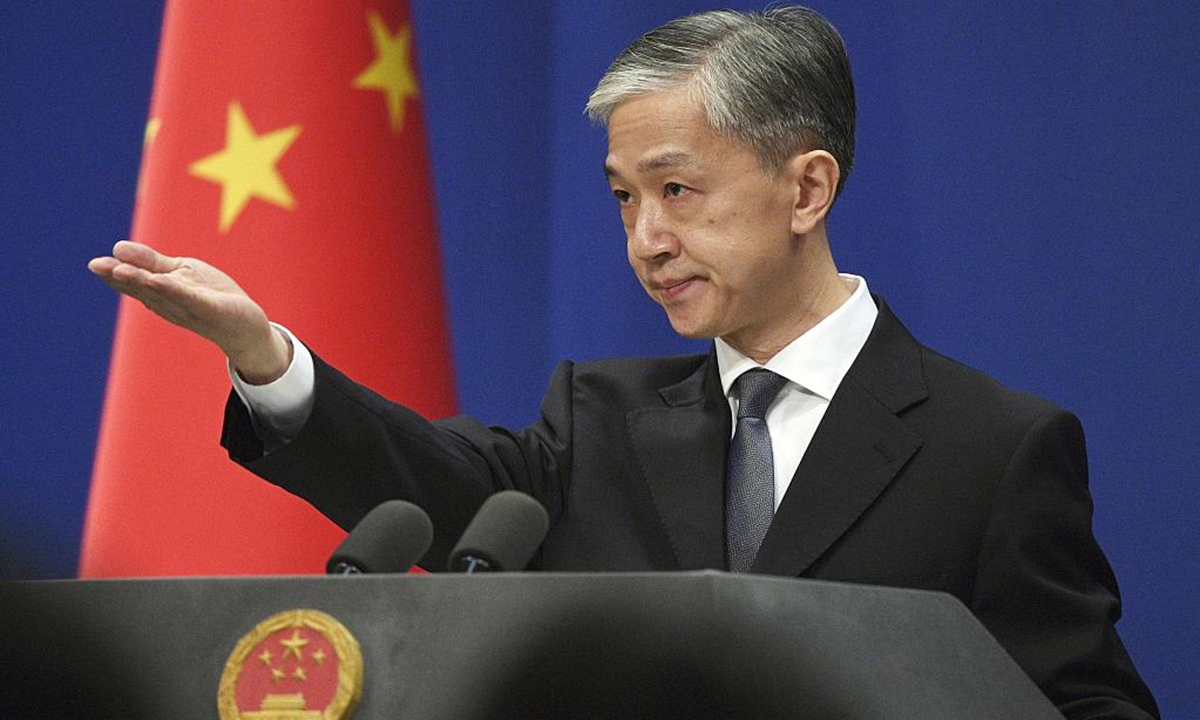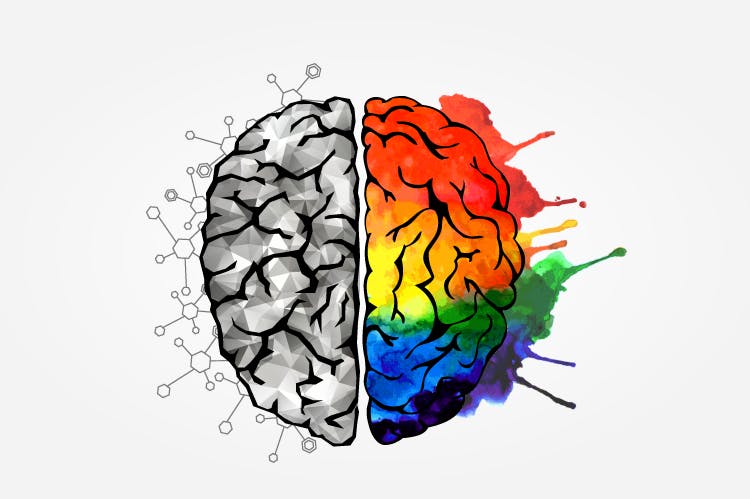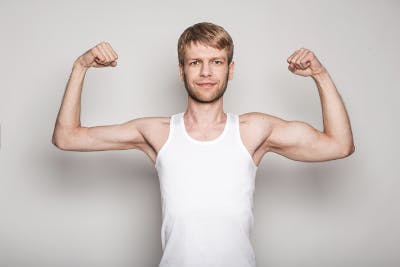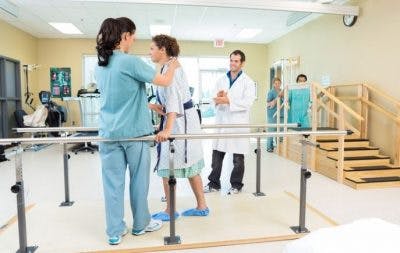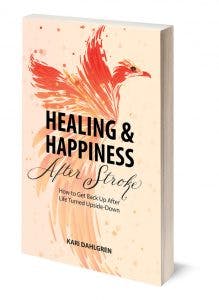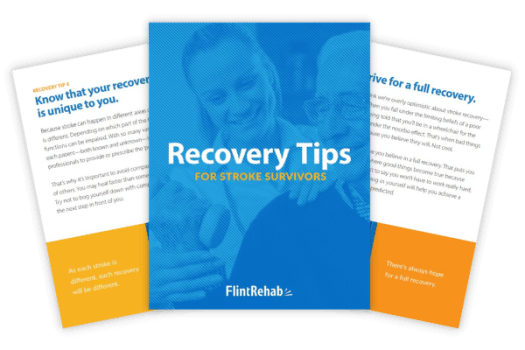Undernutrition among our adolescents is causing them to be stunted, making them shorter on average than some of our regional neighbours.
`
MALAYSIAN teenagers are a short lot – and not because of genetical predisposition.
`
One in six local teens are considered stunted at 6-7cm shorter than the World Health Organization’s (WHO’S) standard height reference for adolescents between 10 and 17 years old.
`
This is as they are not consuming adequate amounts of the nutrients needed for growth.
`
Given that the window for the adolescent growth spurt is very short, yet provides the biggest growth opportunity during our lifetime, this problem of undernutrition needs to be addressed so that our teens can attain their maximum potential height.
`
Stunted growth and development caused by undernutrition is common in many regions, especially poorer ones.
`
Data from our 2019 National Health and Morbidity Survey (NHMS) showed that one in five Malaysian children aged five and under are stunted.
`
This reflects an increasing trend, with 21.8% in 2019 from 17.7% in 2015 and 16.6% in 2011.
`
Meanwhile, data from the 2017 NHMS revealed that the adolescent stunting rate was at 8.5%, or one in 12, in the 10- to 17-years-old age group.
`
Increased risk of disease
`
“This is a high percentage for an upper middle income country like ours.
`
“For developed countries, we want to keep this figure below 5%,” comments Universiti Malaya Faculty of Medicine Department of Paediatrics head Professor Dr Muhammad Yazid Jalaludin.
`
The average final adult height of Malaysians is 164.7cm for men and 153.3cm for women.
`
“If we plot this on the growth chart, we are in the bottom 10th percentile, which means our average height is at the lowest out of 100 countries for both men and women, i.e. we are 8-9cm shorter than the rest.
`
“The fact that we are not achieving as much height as other Asian men and women is worrying.
`
“We have fallen behind Singapore, Japan and South Korea, although in the 1940s and 1950s, we were around the same height,” he says.
`
The average male height is 170.6cm in Singapore, 171.2cm in Japan and 175.3cm in South Korea. For females, it is 160cm in Singapore, 158.8cm in Japan and 162.6cm in South Korea.
`
Interestingly, females in South Korea have recorded one of the biggest height increases among the world’s female population over the last century.
`
Prof Yazid adds: “Of course, we also have to look at the parents’ height – teens should be plus or minus 8cm from their dad’s or mum’s height.”
`
Studies have shown that countries that consume more dairy products and animal proteins have a taller population, compared to countries that rely on rice and wheat, like most Asian countries.
`
Some consequences of stunting include poor cognition, poor educational performance at school, lower income and lower economic opportunity.
`
And when stunting is accompanied by excessive weight gain later in childhood, the person will develop an increased risk of nutrition-related chronic diseases in adulthood, including obesity, diabetes and heart diseases.
`
“A number of them become obese, as when they start to grow older, they get better nutrition and cannot satisfy their hunger, so they eat a lot,” he says.
`
However, stunting recovery intervention may enable undernourished children to catch up on height and other developmental markers.
`
The crucial years
`
Puberty is the time in life when a boy or girl becomes sexually mature.
`
This is also when the growth spurt occurs.
`
This short period of rapid growth development in children typically lasts around two to three years.
`
Prof Yazid explains: “Boys and girls start at different ages.
`
“In girls, puberty is when the breasts develop, which can be as early as eight years old, until menarche, i.e. their first period, which is around two or three years after breast development.”
`
He adds that the growth spurt usually occurs at the early stage of puberty, so for girls, it occurs around the time of breast development.
`
“Once they get their menses, they don’t grow much until the end of the total pubertal period – the gain is only around 2-5cm.
`
“During the first two to three years of puberty, most will gain between 17-22cm in height,” he says.
`
For boys, puberty begins later, with testicular enlargement that can begin as early as nine to 10 years of age, although it typically occurs around 12 years of age.
`
It then takes another two to three years before puberty ends.
`
“Only after puberty will boys have a growth spurt and can achieve a 20-25cm height gain.
`
“This is when they start having acne, pubic hair, etc
` `
Start them young

“They can grow really fast, but to help them grow, we need to intervene immediately and cannot wait until their voice changes,” Prof Yazid points out.
He also notes that nobody usually knows when a boy starts puberty as no one checks for testicular enlargement under normal circumstances.
Only a visit to a paediatric endocrinologist is likely to see their testes size being examined.
Where growth happens
All children have growth plates – areas of smooth, elastic cartilage found at the end of each long bone in the body.
This is where growth takes place. When the bones finish growing, the growth plates close.
Girls generally stop growing and reach their maximum height around the age of 14, and boys, around 16.
Doctors can estimate when growth will be completed by determining a child’s bone age.
They do this by taking an X-ray of the left hand and wrist to see if the growth plates are still open.
The bone age may be different from the child’s actual age.
Prof Yazid says: “Bone age is not the same as chronological age.
“For those that go into early puberty, their bone age may be more advanced than chronological age.
“Height gain should really begin before puberty.
“If the girls are short at the start of puberty, we like to delay puberty, because if they were to start their menses with the height of 130cm, then we cannot do much.
“That’s why it’s important to start nutrition, adequate caloric intake and caloric expenditure from a young age for bone lengthening and thickening, so that the child can gain enough height.”
The adolescent phase contributes to 15-20% of adult height, 45% of adult bone mass increase, and 40-50% of adult weight gain.
Nutritional needs
During early adolescence, children require up to twice or more key nutrients to support accelerated growth and development, compared to a younger child.
These include:
> Calcium – up to 85% increase > Protein – up to 154% increase > Magnesium – up to 200%
increase
> Phosphorus – up to 170%
increase)
> Zinc – up to 75% increase, and > Vitamin K – up to 133% increase.
Results from the 2017 NHMS showed that:
> 89.4% of adolescents did not meet the required nutritional intake (RNI) for calcium
> 98.8% did not meet the RNI for
vitamin D, and
> Over 60% did not meet the RNI for vitamin E.
In addition, the survey found that seven out of 10 adolescents habitually skipped breakfast, while another one in two skipped lunch and dinner.
“I’ve encountered a number of adolescents (13-18 years) who have growth issues; they are underweight so they don’t gain much height.
“At this age, physical activity is important for boys, and if they don’t eat much, they lack energy.
“Three out of four kids also don’t take adequate dairy products,”
laments Prof Yazid.
A lack of sleep also affects height.
This is as growth hormones are secreted the most between 10pm to midnight before dropping, then rising a bit between 2am to 4am.
He says: “Most of our adolescents sleep late and have poor quality of sleep, so they don’t get the spurt of growth hormones.
“Another factor is physical activity, which enables the secretion of endorphin and serotonin hormones to make you feel good about yourself.
“When you feel good and sleep better, it increases the growth hormone secretions.
“Our adolescents love to sleep late, don’t do regular physical activity and skip meals, so how can they grow well?
“With Covid-19, all kids are equally affected as they don’t do much physical activity and spend more time on gadgets.”
Adolescents should aim to incorporate 30-60 minutes of moderate physical activity daily.
“Walking lazily doesn’t count.
“It’s best to exercise in the evening so they can sleep better at night,” he says.
Parents as role models
Prof Yazid says about half of adolescents perceive that their parents don’t know what they do in their free time.
“What and how you eat matters. “Parents need to try to understand their adolescents’ perspective and look into the kinds of food, timing of their food intake/sleep and exercise patterns.
“It’s better to show than to say, because bugging them doesn’t help when parents themselves don’t lead by example.
“So, when food is put on the table, show them how you would eat it.
“Similarly, exercise with them and sleep early.
“Parents are really the best supporters to encourage their children to do all these,” he says.
In terms of dairy products – which are important for development and bone strength – a number of parents think their children don’t need milk beyond the ages of five or seven, and thus, stop serving it to them.
This is incorrect.
Prof Yazid says: “From dairy products, they can get good nutrients.
“They need at least 600ml of milk a day – 400ml can come from milk and the other 200ml can be obtained from other sources such as cheese or yoghurt.”
When regular meals alone do not meet the increased nutrient requirements for their child’s growth, parents can seek advice from their child’s physician and consider nutritional supplements to help improve nutritional intake during this important growth period.
“The height at the start of puberty is so important to determine the final height.
“If we can reduce stunting rates before the age of five, we can definitely reduce its prevalence among adolescents,” concludes Prof Yazid.
When parents make mistakes
 One common parenting mistake is jumping to conclusions about your
child’s guilt without even giving them a chance to explain first. —
Positive Parenting
One common parenting mistake is jumping to conclusions about your
child’s guilt without even giving them a chance to explain first. —
Positive ParentingIt may be hard to put aside your pride and apologise to your kids, but it will make you a better parent and show your children good values.
IF you have ever mistakenly raised your voice towards your child or blamed him for something he did not do, you must know how awful that feels like.
Parents commit mistakes too, but as authority figures and role models in the family, they may find it hard to right their wrongs.
Mistakes are bound to happen, whether due to stress, overwork, lack of sleep, poor judgement or carelessness.
However, this is not an excuse to be ignorant or dismissive of one’s missteps.
What we can do is to learn from our mistakes today so that we can be better parents tomorrow.
It may not be easy to overcome our ego and admit our mistake to the kids.
But by role-modelling such behaviour, we can teach our kids (and ourselves) to be better human beings.
Common parenting mistakes
To learn from your mistakes, you will first need to accept that a mistake has been made.
It may occur unintentionally or due to past ignorance.
Here are some common mistakes:
>
Breaking promises
You promised to take your daughter to her favourite restaurant after she did well in her test, but you were too busy and ended up not going.
Parents promise all kinds of things to their kids, but it can be hard to fulfil all of the promises made.
>
Telling lies
White lies are common for various reasons – as an excuse, to avoid difficult topics, and often, to calm children.
Parents may also tell a lie to another person in front of their kids.
Even if the lie seems harmless, it teaches the kids that it is okay to lie – and this is not okay.
> Jumping to conclusions
Some parents tend to blame or scold their kids without giving them a chance to explain things first.
By assuming that our kids’ past behaviours and choices dictate present and future ones, it limits how we view our kids and can cause us to judge them unfairly.
>
Using bad words
Rising anger tends to blind us. You may not realise the bad words being uttered and there is no way to retract them once they are said.
It is bad enough when said to another person, but worse when said to your own kids.
>
Comparing and criticising
Constructive comments are okay, but belittling your child, comparing him with others, and criticising his weak spots, all with the intention of “building up his character” are not.
>
Too much teasing
Joking, teasing and kidding with your kids are some of the ways to have a laugh and fun with them.
However, you may be taking things too far if they are not laughing.
Even worse is if you press them for not being able to take the joke. > Forgetting things
Having a busy schedule may lead to occasional slip-ups, causing you to forget simple errands (e.g. to pick up your child from tuition), or even important events and dates (e.g. your child’s birthday or school sports day).
>
Being hypocritical
Parents are the main role model for their kids.
When parents do not practise what they preach, they risk confusing the kids with conflicting messages.
>
Hurting them physically
Parents may accidentally inflict physical harm onto their children, e.g. injuring your daughter’s finger while closing the car door.
Some parents also tend to take out their anger or frustrations on their kids (including yelling, cursing and hitting).
Righting the wrong
After realising that you have made a mistake, what can you do?
>
Don’t be too hard on yourself
No parent is perfect, so do not beat yourself up too long for being a “horrible parent”.
Instead, focus on correcting your mistake and finding a solution. >
Admit mistakes and apologise
Once you and your child have calmed down somewhat, gently talk about what you regret and apologise for your mistake.
Ask for a “do over” and try to make things right.
This can be a great opportunity to demonstrate forgiveness and humility to your child.
>
Reconnect with your child
Let your child express how he feels.
Be open, present and willing to listen and engage with him.
Try to put yourself in his shoes and see (and feel) from his point of view.
This will build empathy and a deeper understanding to reconnect with one another.
>
Aim to be better
Focus on self-improvement as a person and parent.
Learn to regulate your own emotions by practising self-compassion and learning to stay centred whenever there is a crisis in your household.
Loving your child starts with loving yourself.
It is part of human nature to make mistakes.
In our lifetime, we will (or should) exchange apologies and forgiveness countless times, including as a parent.
The important thing is to acknowledge that a mistake has been made and to learn from it, make amends, reconcile and gradually develop to be a better parent and individual.
- Alexius Cheang is a behavioural psychologist. This article is courtesy of the Malaysian Paediatric Association’s Positive Parenting programme in collaboration with expert partners. For further information, please email starhealth@ thestar.com.my. The information provided is for educational and communication purposes only, and it should not be construed as personal medical advice. Information published in this article is not intended to replace, supplant or augment a consultation with a health professional regarding the reader’s own medical care. The Star does not give any warranty on accuracy, completeness, functionality, usefulness or other assurances as to the content appearing in this column. The Star disclaims all responsibility for any losses, damage to property or personal injury suffered directly or indirectly from reliance on such information.










